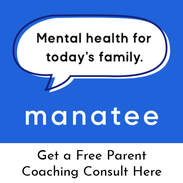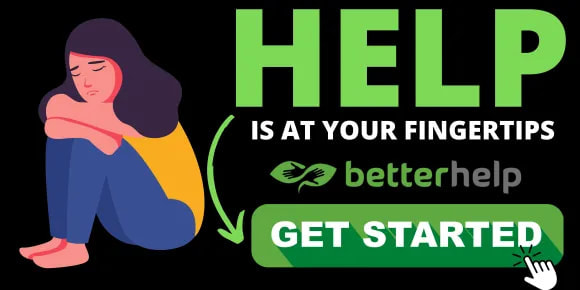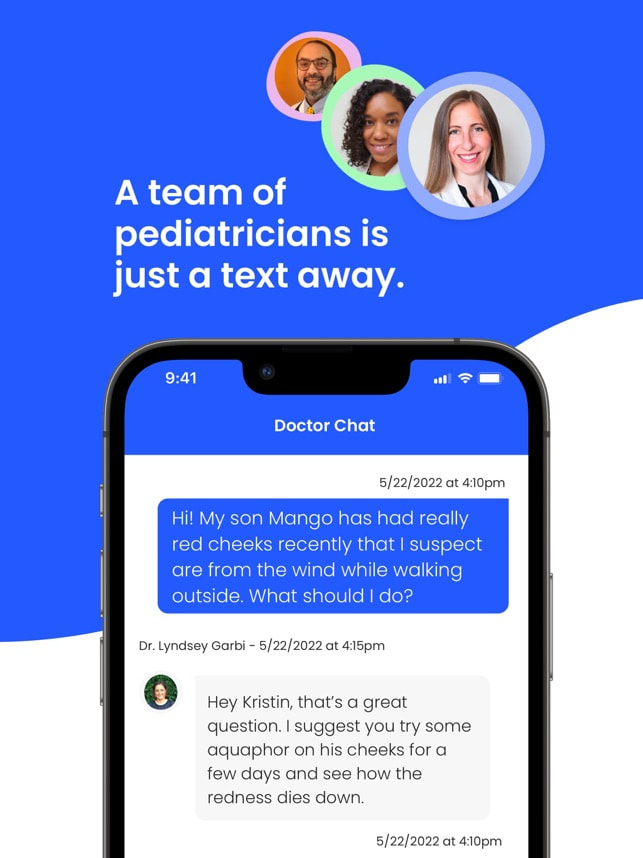|
As foster parents, you provide a loving home to children in need. Having a foster sibling can be an incredibly meaningful and rewarding experience for your biological and adoptive children, but it can also be difficult for them when the foster child leaves. It is important to acknowledge any emotions that come up for your permanent children during this time and support them as much as possible. Here are some tips for helping your biological or adoptive children adjust when a foster child leaves.
The first thing to remember is that while it may be exciting and positive for the foster child to be reunited with their biological family, it can be very difficult on your permanent children who has been used to having another person in their home as part of their family. No matter how close or distant the bond was between them, there are often feelings of mourning and loss when someone goes away—especially if they have been part of the family for some time. When preparing for the departure of a foster child from your home, it’s important to focus on helping your biological or adoptive children manage their emotions surrounding the transition before the departure. Talk openly about what is happening and allow your permanent children an opportunity to express themselves in whatever way makes sense for them—through conversation, art, music, dance—whatever will help them process their feelings. Reassure them that it’s normal and ok to feel sad or scared about this change and recognize this as an opportunity for growth. Encourage them without putting too much pressure on them; let them know you understand why they feel upset but also celebrate positive memories your family made with the foster child. It’s also essential to keep communication open with your biological and adoptive children after the foster child has left; once things settle down at home talk with them about how they are feeling and provide continued love and reassurance throughout this process so they don't feel like they need to internalize their emotions or worry about burdening you with them. You might also consider attending therapy together or talking with other families who have gone through similar experiences so that everyone can better understand what healthy transitions look like A foster child leaving your home can be emotionally demanding for all parties involved; however, it provides an excellent opportunity to grow closer together as a family by providing open communication channels and honest conversations about how everyone is feeling during this time. By understanding each individual’s unique experience with the transition, you can create space for healing within your family dynamic and set yourselves up for successful transitions in the future! |
AuthorI'm a foster mom, bio mom, working mom, special needs mom, busy mom. I'm also married to my high school sweetheart, I'm a proud 23-year childhood cancer survivor, and I'm passionate about serving my community. More from FosterMamaArchives
March 2023
Categories
All
|




 RSS Feed
RSS Feed